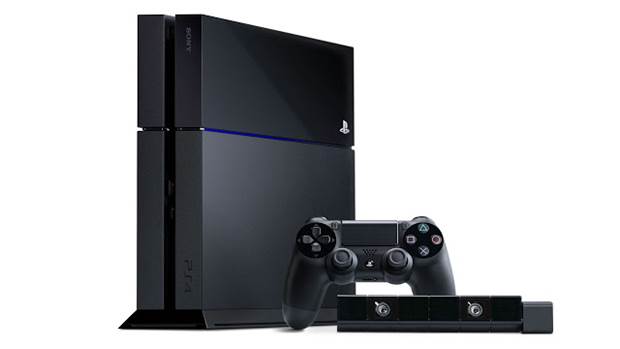This year, we are going to be getting the PlayStation 4 NEO, and possibly even an upgraded Xbox One console- iterative consoles may be the way of the future, but they are a move that has been met with a surprising amount of resistance, which makes sense: most people who have spent hundreds of dollars on hardware with the expectation of that hardware being the flagship offering from the company that manufactures it for five or so years don’t want to deal with the possibility that their purchase may be made obsolete far before then. And yet that is exactly what the PS4 Neo and the Xbox 1.5 will do.
Why exactly were these incremental consoles even developed? They make sense in the context of the smartphone and tablet market, and they even make sense in the handheld market. And while they may turn out to be a prescient move for consoles in the long run, what prompted their development? In the past, some obvious hardware deficiency or low sales have led to mid cycle revisions as dramatic as these- but the PS4, for instance, has none of those problems. So why did Sony choose to take such a risky course of action, then?
According to an anonymous developer speaking to EDGE (via IB Times), the new revision was made because the PSVR, Sony’s foray into the VR market, was going to pretty much suck on base PlayStation 4 consoles.
“PSVR was going to be terrible on a [launch] PS4. It was going to be truly awful. Something a bit more powerful starts to bring VR into range. If you want to deal with crazy requirements for performance in VR, you absolutely have to do this,” the source claims.
In a lot of ways, this confirms a lot of fears that a lot of people have had about the PSVR- the PS4, while perfectly powerful for what it is, is too weak a machine to support VR all on its own. So how are Sony making PSVR work on it? According to what this developer says, they barely are- true PSVR performance is reserved for the Neo, while owners of the base unit are stuck with something all but unacceptable. If that is true, then it is misleading advertising, and it will come to bite Sony in the ass in the long run.
Then again, this may just be false- it reads a bit hyperbolic and exaggerated, and we have seen PSVR demonstrations go just fine so far. We’ll find out when the PSVR is out later this year, in October.















